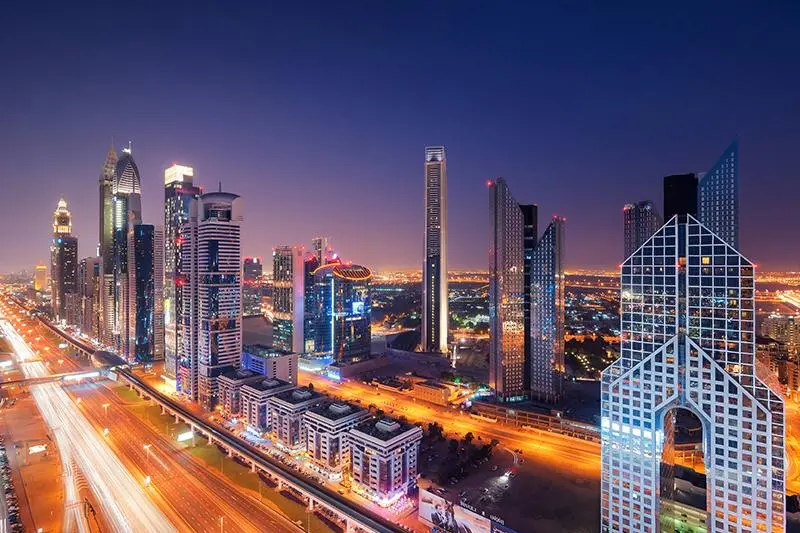PHOTO
Besides villas and townhouses, demand for expensive homes in premium neighbourhoods of Dubai is picking up, as some tenants are ready to splurge on luxury living during the pandemic.
Rental rates in higher-end properties, such as those in The Palm Jumeirah and Dubai Marina, have recently registered an uptick, with empty units getting snapped up within days, real estate firm Allsopp & Allsopp said.
“The demand for high-end luxury homes has increased and now we’re seeing Palm Jumeirah [properties] renting before listings get a chance to go live on property portals or within seven days if they do go live,” the firm said in a report Wednesday.
Analysts had said that with home-schooling and remote working becoming the norm for many people, properties in villa and townhouse developments saw an increase in demand.
But those who have more discretionary income now want to enjoy luxury living as well. The trend has sent prices higher in some communities.
According to Allsopp & Allsopp, a two-bedroom apartment in Silverene Tower A in Dubai Marina, which was renting for 100,000 dirhams in May 2020, was advertised for 125,000 dirhams in January 2021.
Similarly, a five-bedroom Garden Home on Palm Jumeirah that was offered for 290,000 dirhams ($79,000) during the second quarter of 2020 can now set one back by 550,000 dirhams, an increase of 90 percent.
Over 50 percent decline
The property market was in its worst state in recent times when economies around the world grounded to a halt due to the global lockdown last year. Demand for properties started to go up after the restrictions eased, but overall, the market has not yet recovered to pre-COVID-19 levels.
According to the latest report from Asteco, apartment rents have fallen by more than 50 percent since their peak in 2008 and more than 40 percent since the second peak in 2014. Last year, apartment rents fell by 17 percent to 18 percent compared to 2019.
“As a result of the COVID-19 lockdown, the rental market suffered – viewings were non-existent and tenants found themselves in favour of renewing rental contracts as opposed to moving in such uncertain times,” Allsopp & Allsopp said.
“This led to a drop in demand and therefore a drop in average rental prices across Dubai. However, in certain communities, we started to see slight increases in the average rental property price.”
Market trends
The property firm also noted that more landlords are now able to rent their homes at an asking price. In February 2020, only 22 percent of landlords achieved the asking price for their property compared to 37 percent in February 2021.
However, one-cheque payments remain largely unpopular.
“Gone are the days that companies pay for rent in one cheque. In 2021 so far, we have seen one cheque rental payments decrease by 28.3 percent compared to the beginning of 2020,” said Lewis Allsopp, chief executive officer of Allsopp & Allsopp.
Many tenants are still hesitant to enter into long-term tenancy contracts. The brokerage firm said that more people are looking to rent on a short-term basis, as they want to make sure they are safe in their jobs before committing to a one-year lease.
“Landlords are becoming more inclined to let their property short-term for some of the same reasons. They are looking for flexibility with their property and in some cases steering away from a locked in contract where a year’s notice needs to be given before they can sell the property,” Allsopp & Allsopp said.
(Reporting by Cleofe Maceda; editing by Seban Scaria)
Disclaimer: This article is provided for informational purposes only. The content does not provide tax, legal or investment advice or opinion regarding the suitability, value or profitability of any particular security, portfolio or investment strategy. Read our full disclaimer policy here.
© ZAWYA 2021





















